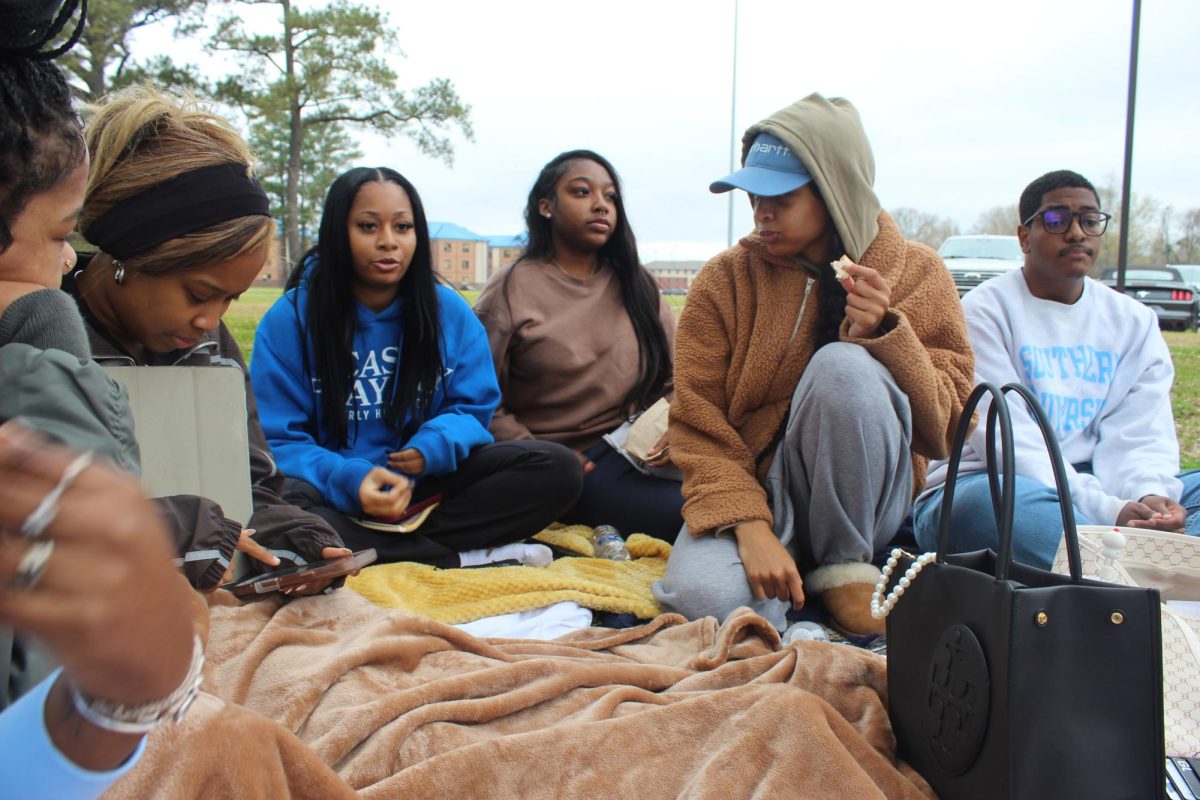A Louisiana joke often lists the state’s four seasons as hot, crawfish, hurricane and football. These seasons seem to ring true most years, and many Louisiana natives like myself know that during the months of June and September, it’s entirely possible to have to leave our state to dodge dangerous storms. It’s as natural to thousands as the Southern University and Grambling State rivalry in November; evacuation is as much a part of Louisiana life as the legendary seafood.
However, Baton Rouge has rarely been one of the 64 parishes mandated to evacuate to higher ground or drier land during hurricane season. Imagine my surprise on Monday, September 1, when Hurricane Gustav hit Louisiana as a category two hurricane, leaving hundreds of thousands without power, food or in some cases, shelter.
It seems unreal now to drive in neighborhoods where trees are in the homes of residents, instead of growing tall next to, or around them. It seems unreal to hear that entire subdivisions will be powerless for three weeks or more. Unreal still are the staunch curfews for fear of elevate crime rates, or looting.
In my city—my hometown?
As I watched a man climb atop his roof to try to protect what he could as Gustav blew entire chunks of his home away, I knew that the national news media would be on the Hurricane’s case like Anderson Cooper to a sensitive subject. After Hurricane Katrina, I knew that every so-called journalist that wanted to win a ‘heart-wrenching, groundbreaking, emotional’ award would find the saddest Louisianan, and exploit, exploit, exploit.
Besides the quick updates on national news stations, I would not have known Gustav hit, had I not been in Baton Rouge and watching local stations.
It seemed like many channels were ignoring Louisiana because New Orleans didn’t sustain major damage like Hurricane Katrina; therefore the entire state was unworthy of coverage. Even today, a week after the storm, thousands of Louisiana citizens are without the basic necessities to live, having to depend on MREs (Meals Ready to Eat), Red Cross, and FEMA (Federal Emergency Management Agency).
Even now, as I wonder where I’ll evacuate to for Hurricane Ike, Louisiana cities and their damage continues to be pushed aside for political warfare and teenage pregnancy–things that will continue until the end of time.
This past spring, I traveled to New Orleans for the 10th Annual Vagina Monologues, where playwright Eve Ensler called New Orleans the ‘vagina of America.’ Perhaps Ms. Ensler only got part of it right; maybe Louisiana is the vagina of America.
`




